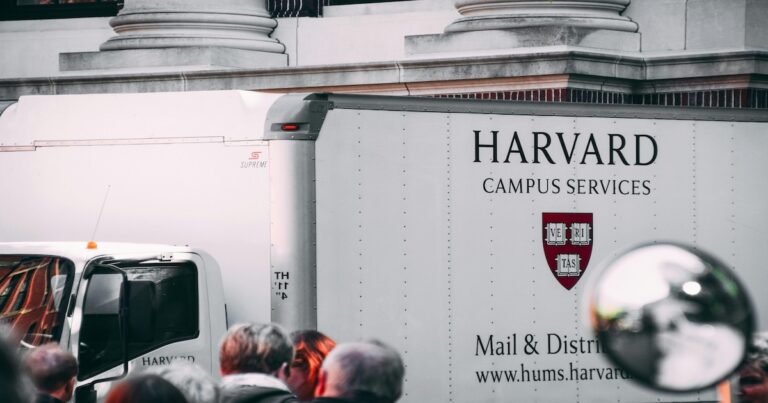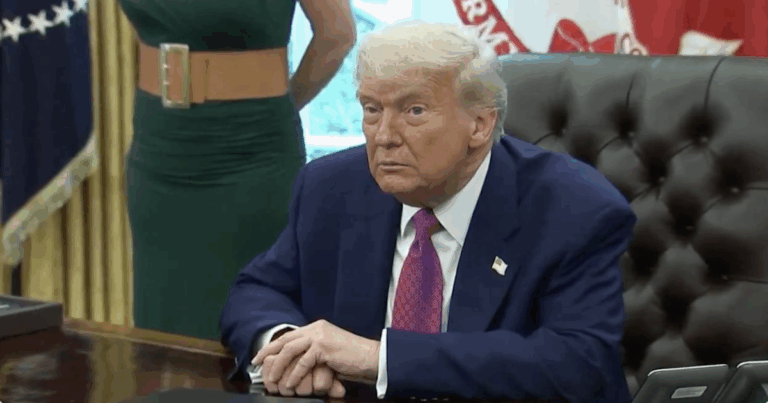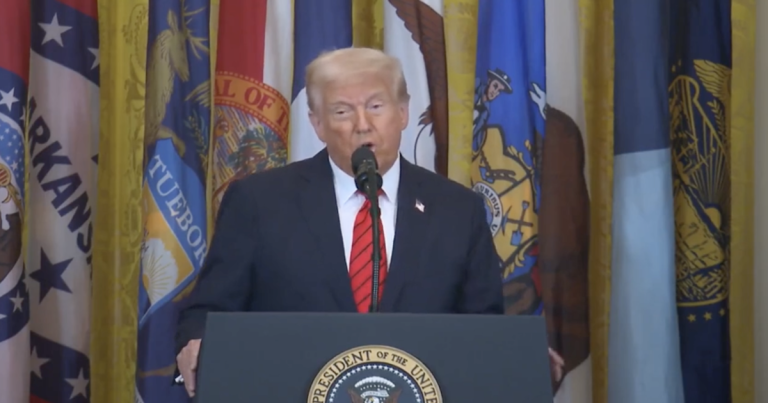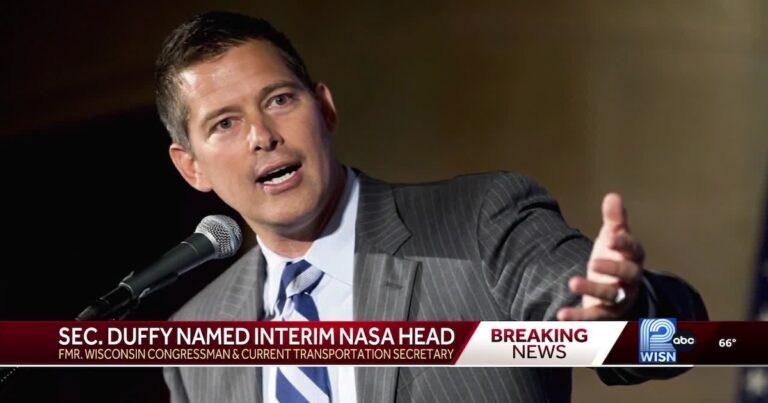- The Trump administration just cut off taxpayer-funded education for illegal immigrants in career, technical, and adult programs.
- A Clinton-era loophole was tossed, ensuring federal aid goes to citizens and legal residents only.
- Education Secretary Linda McMahon said it best: “No more free rides—Americans come first.”
The Trump administration is putting America—and Americans—first. On Thursday, the U.S. Department of Education announced it will no longer let taxpayer dollars fund the education of people in the country illegally.
“It will end taxpayer subsidization of illegal aliens in career, technical, and adult education programs,” the department said in a statement.
The move comes after the department tossed out a 1997 Clinton-era letter that had quietly allowed illegal immigrants to tap into federal public benefits, skirting the Personal Responsibility and Work Opportunity Reconciliation Act (PRWORA). That law was designed to limit federal aid to U.S. citizens, legal residents, and qualified immigrants—not just anyone who walks across the border.
U.S. Secretary of Education Linda McMahon laid it out plainly: “Postsecondary education programs funded by the federal government should benefit American citizens, not illegal aliens.” She added, “Under President Trump’s leadership, hardworking American taxpayers will no longer foot the bill for illegal aliens.”
Jessica Vaughan of the Center for Immigration Studies agreed, saying, “Taxpayers should not have to subsidize vocational or other post-secondary education for illegal aliens, who aren’t allowed to work in this country.”
This action follows Trump’s February executive order, “Ending Taxpayer Subsidization of Open Borders,” and reflects a growing effort to cut off public benefits for illegal immigrants. Other agencies like HUD and DHS have already started doing the same.
This isn’t just policy—it’s a promise kept. Under President Trump’s leadership, the days of illegal immigrants cashing in on taxpayer-funded benefits are coming to an end. No more backdoor freebies, no more anti-American loopholes, and no more asking hard-working citizens to foot the bill for people who broke our laws to get here. Education is for citizens. Opportunity is earned.









